Who should be the next President of the European Council?
Beyond the headline talk of the political, geographical, gender and other balances to be found for top appointments, there’s the little matter of competence and ability to actually do the job.
The European Council is the most difficult EU institution to chair. It can only take policy decisions by consensus of the 28 prime ministers and presidents around the table: 28 prima donnas, most of whom are used to getting their own way at national level, but who suddenly find themselves in a meeting where none of them can do anything unless all the others agree! Nor do they all know each other’s constraints or personalities very well. They meet collectively only about six times a year, and at most meetings there’s at least one new member.
So, for the European Council to function at all, it needs a president who is capable of building the necessary consensus time and time again. It needs someone able to work discreetly, starting well ahead of each meeting, to listen, explain, persuade, cajole, and if necessary knock heads together. It needs someone capable of grasping the arcane details of each and every issue on the agenda — as every head of state or government may have a different point that he or she considers vital. It needs someone good at chairing and steering meetings.
Experience at running fractious multiple-party coalitions is valuable. An ability to empathise with others is handy. A good knowledge of English — the de facto lingua franca for bilateral chats, drafting compromises, small talk, press interviews and much else — is indispensable. An ability to draft a compromise and fine-tune it many times over, is essential.
Herman Van Rompuy was the first person to be appointed under the Lisbon treaty system of allowing the prime ministers and presidents to choose their own President, instead of the European Council’s members taking it in turns for two or three meetings each. He was also the first to make it a full-time job, so the President no longer has to simultaneously represent his country around the table. His skills were precisely those listed above. At times, he conjured up compromises when deadlock and failure seemed inevitable.
So it isn’t easy to find a successor to him. The natural tendency is for the prime ministers and presidents to choose one of themselves, or a recent member of their club. But finding someone who is willing to do it, who is politically acceptable to everyone, and has the necessary qualities, is a tall order.
It’s important to remember that most EU business goes nowhere near the European Council. Most decisions are made by the elected European Parliament and the ordinary Council (of ministers from each country’s elected government). But those matters that are handled at the level of prime ministers and presidents tend to be rather important. Certainly, key reforms to the European Union system are almost always settled in the European Council. So a President with a good understanding of how the EU works and the kind of reforms that are needed would be an asset.
It is these practical — but crucial — aspects that should be to the fore when the European Council meets to elect its president. Ability to forge compromises. Good command of English. Knowledge and experience of the EU system. Patience and understanding. Ability to pay attention to detail. And if a she happens to be a woman, so much the better.

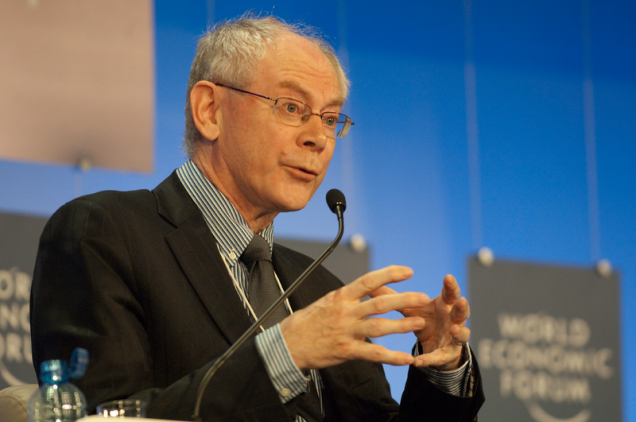
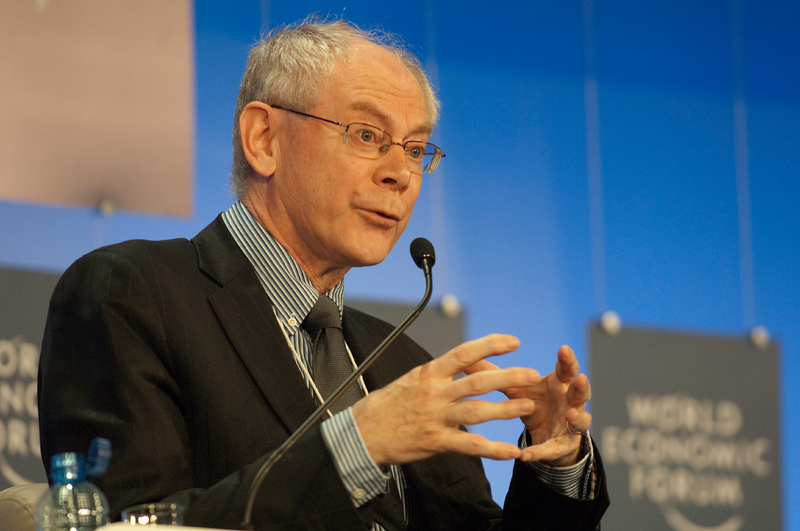
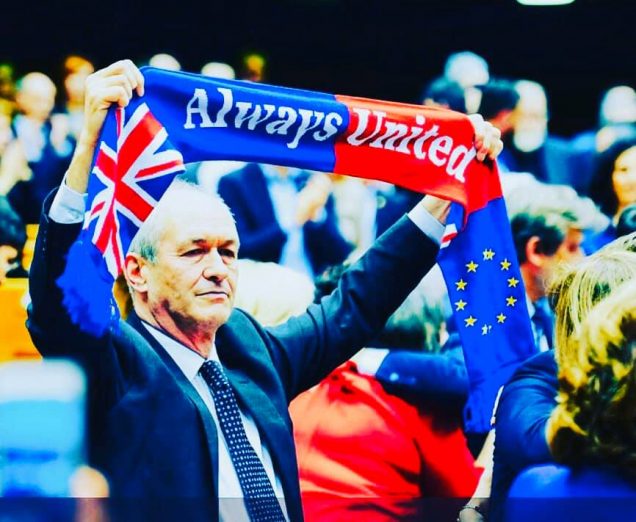
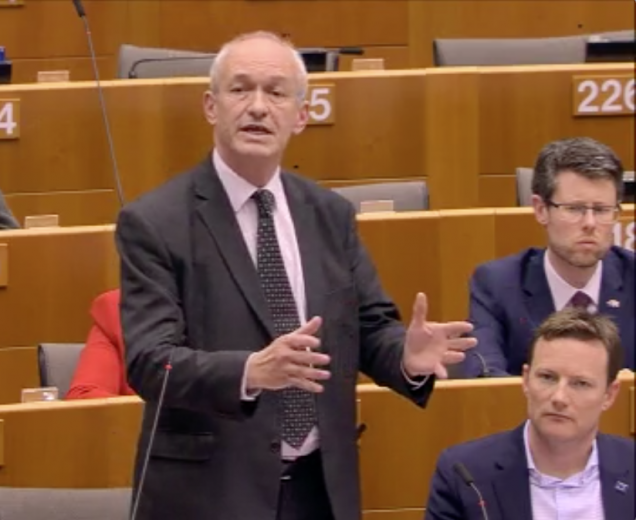
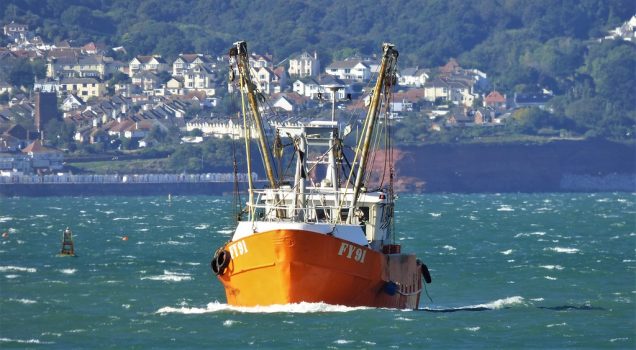
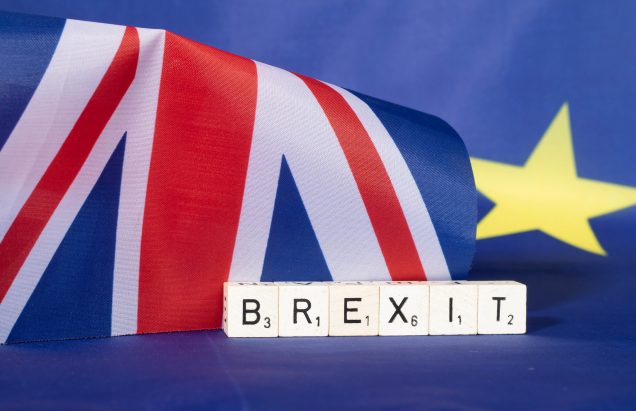
4 Comments